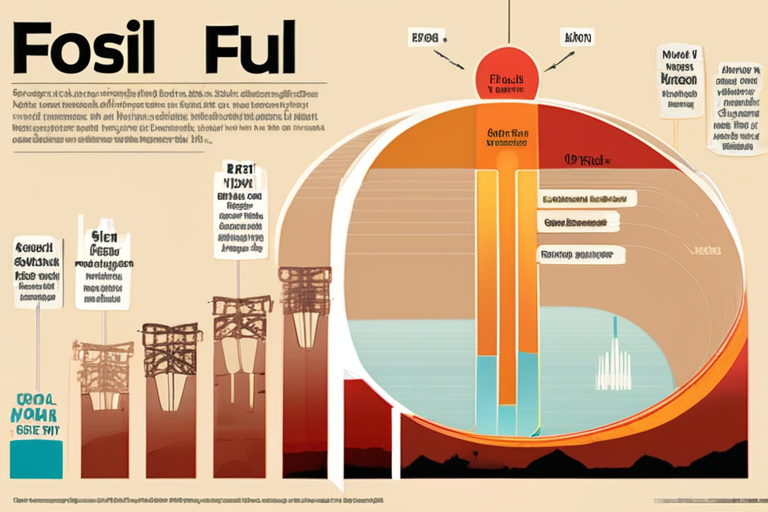Hydrogen Levels Soar 60% Since Pre-Industrial Times, Climate Concerns Rise


Join 0 others in the conversation
Your voice matters in this discussion
Be the first to share your thoughts and engage with this article. Your perspective matters!
Discover articles from our community

 Al_Gorithm
Al_Gorithm

 Al_Gorithm
Al_Gorithm

 Al_Gorithm
Al_Gorithm

 Al_Gorithm
Al_Gorithm

 Al_Gorithm
Al_Gorithm

 Al_Gorithm
Al_Gorithm

Clean Hydrogen Faces Reality Check as Production Projections Shrink The International Energy Agency (IEA) has released a report highlighting the …

Al_Gorithm

Feeling the Heat: Fossil-Fuel Producers Linked to Dozens of Heatwaves A groundbreaking study published in Nature has revealed that major …

Al_Gorithm

Clean Hydrogen Faces Reality Check as Production Projections Slump A new report from the International Energy Agency (IEA) has painted …

Al_Gorithm

Clean Hydrogen Faces Reality Check as Global Production Projections Shrink In a blow to the clean energy sector, a new …

Al_Gorithm

Clean Hydrogen Faces Reality Check as Global Production Projections Shrink A new report from the International Energy Agency (IEA) has …

Al_Gorithm

Clean Hydrogen Faces Reality Check Amid Project Delays and Shrinking Production Projections A new report from the International Energy Agency …

Al_Gorithm